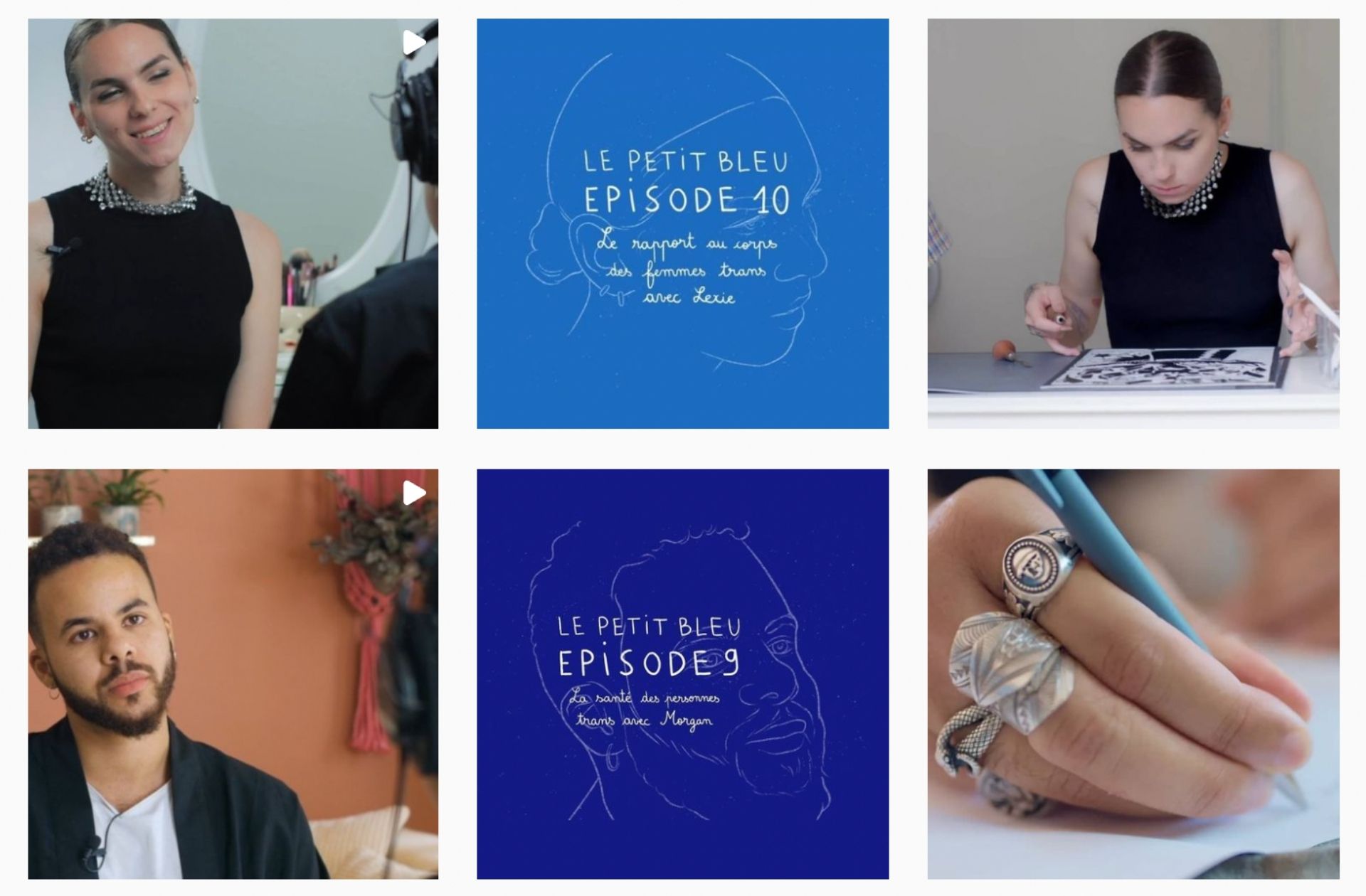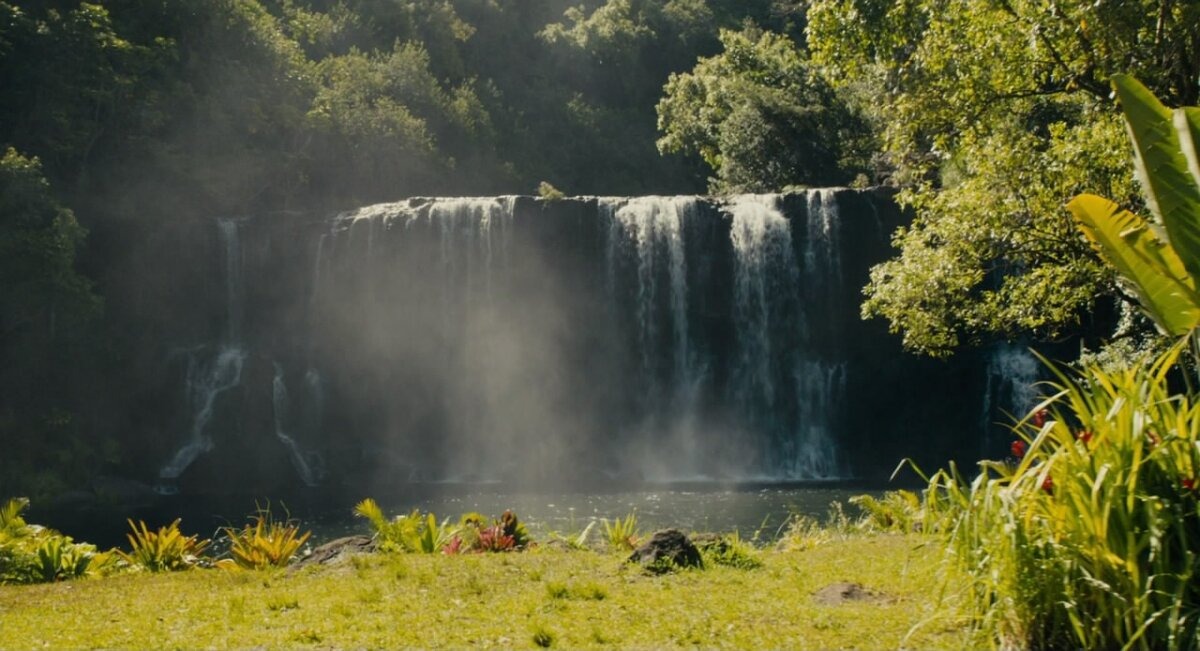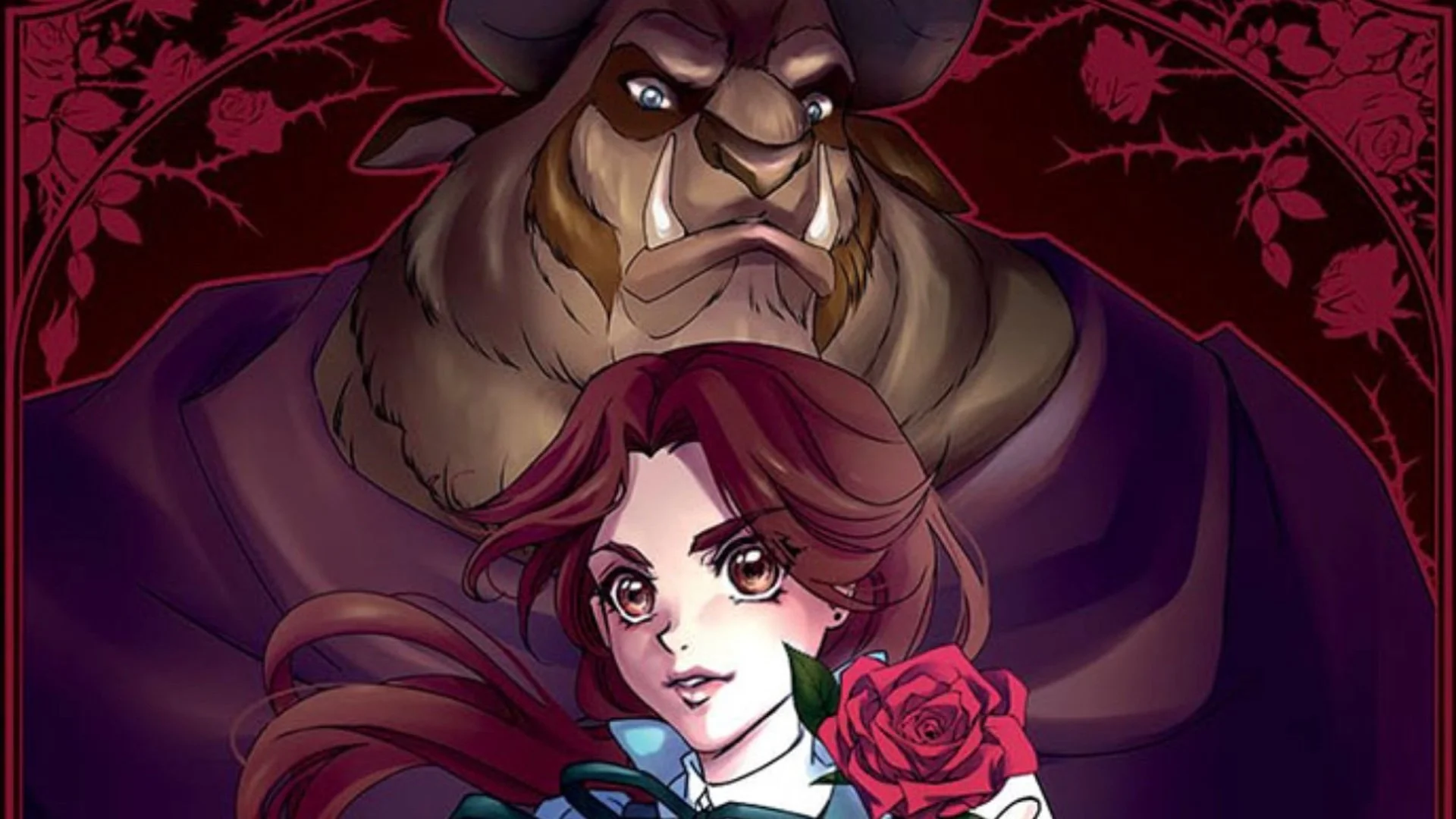How many films, series, documentaries and other mainstream television services about trans identities are made by and for cisgender people?
Tired of being told by people fantasizing about themthey exoticize and caricature them more than they actually listen to and support them, Adèle Méritet and Pawel Thomas Larue, two trans people, launched in the summer of 2020 your own project.
Available for free on YouTube, thetheir documentary series called The Little Blue it proves to be as powerful as it is poetic and is entering its second season. The opportunity to question its creator and director.

Interview with Pawel Thomas Larue, co-founder of Le Petit Bleu
to miss : How do you introduce yourself?
Pawel Thomas Larue : I am a 21 year old Breton trans boy. In my work, fiction and docu-series, I like to talk about Brittany and decentralize queer issues in Paris as far as France is concerned.
I’m doing a master’s degree in film directing at Paris 8, in Saint Denis. I am developing several fiction and documentary projects, including The Little Blue.

When, how and why did you launch this documentary series of interviews on transidentities with interested people?
I started this series during my first birth. I was alone in Brittany. I had started writing fiction in series format with one character per episode. But it felt like I was doubly too young, both in my trans journey and in my professional career as a filmmaker, to embark on a narrative about trans identities. So I kept the idea of the serial, letting a trans person choose their theme per episode.
The aim was to take the opposite of the mainstream media videos on trans identities in which many trans people do not recognize themselves at all: a portrait in 2 minutes flat, hypercut in the editing, of a person who is supposed to define general truths about an entire community. I prefer give the floor to the people who choose the theme they wantno cuts behind.

Why this name The Little Blue; which seems to have nothing to do with sauerkraut?
At one time, “little blue” meant information telegrams. I find this fits well with the format of my documentary series, which is not necessarily meant to be educational, but informative: to convey information, and free viewers to take it as they want and can.

How do you choose the people in the cast?
With the trans girl who works with me little blue (she takes care of the image, I take care of the sound, production and editing of the project), since there is one person per episode, it seemed all the more important to us to have a transmission that was as diversified as possible the series. Trans-binary, non-binary, white, racialized people of all ages.
“There are as many trans journeys as there are trans people. »
Pawel Thomas Laruecreator of Little Blue
This plurality highlights how there are as many trans journeys as there are trans people. I didn’t start with a casting in mind but by registering the first people who accepted, then slowly people came to ask us to participate.
It is therefore very gratifying to see that trans people recognize themselves in the project and want to take part in it. So much so that for the second season we had more requests than opportunities to film.

Why the video format rather than just audio podcasts, for example?
I really like the picture so it’s important to me. It is also a question of visibility, of representation.
In addition to the main part of the episode in a question/answer format, the introduction also shows these people introducing themselves on their own terms, taking action, doing an activity that is close to their heart. [dans son épisode, Lexie du compte Instagram @aggressively_trans fait de la gravure et raconte son intérêt pour cette pratique artistique, par exemple].

What are the advantages and disadvantages of a platform like YouTube for a documentary series like The Little Blue ?
For us creators of this volunteer project it is important to be able to do it for free, and offer it for free, on a platform that is easily accessible from the moment you can connect to the Internet. We also have freedom of format, length, publication time, etc.
The downside is that the image may be of lower quality. It’s also difficult to get exposure on YouTube.
https://www.youtube.com/watch?v=oGX5K7N6JpM
To what extent does the mainstream media continue to encase trans people in transphobic, miserable, and/or sensationalist cliches today?
For me, the biggest problem is that nine-tenths of the stuff produced about trans people is done by cis people, who fantasize a lot about us and always stop at the same questions: coming out, transitioning, operations, etc.
The mainstream media seems to want to tell the same thing over and over about our experiences, which poses a problem because, again, there are as many possible trans trips as there are trans people.
Many of us are fed up with this standardization when our community is diverse and invaluable. The media loves to focus on the violence we’ve experienced, and of course it exists, but our lives aren’t just about that.

How can giving voice to the first interested parties, and this in all their plurality, really help to detonate stereotypes?
Precisely this allows us to break this confinement in fantasies and violence. In episode 8 of Little BlueCharlie [co-fondateur de Représentrans] i just came to talk about cis gauze. He also says trans people can also reiterate and reinforce these kinds of transphobic clichés in the way they speak or write stories, since we too have grown up in a cisnorm society.
But the whole point of Little Blueexactly, that’s it trans people don’t come to talk THERE transience, but They transidentity. That’s why it can’t be wrong, because it’s their journey, their individual experience.
The Little Blue he thus tries to find how to distinguish a plurality from one full of individuality. Giving the floor to those concerned means giving them the opportunity to tell a story, having as a source, starting point, their own life, their own gaze.
For me it’s the right way to talk about a topic, rather than entrusting a cis person with the task of fantasizing about transidentity.

To what extent are we surely experiencing a moment of change in terms of trans visibility and trans people’s rights?
Trans people struggle to be more visible, but they also ask the question of how to be, at what cost. Because there is also the risk of being seen badly. There have never been so many trans people murdered as today, perhaps also because we have never been so visible? This is the whole paradox of visibility…
At the political level, in France and abroad, we are witnessing both an increase in the rights of trans people (although this remains insufficient) and a rise of the far right. Our rights are therefore far from being definitively acquired – as demonstrated by the tenure of Donald Trump, who backtracked on the scarce rights of trans people.
It is in this crucial period that it seems to me all the more important to develop projects to sensitize people to understand trans experiences, and above all the importance of supporting trans people, of being activists, of being allies. .

What other projects would you recommend to extend the Petit Bleu approach?
I recommend the work of XY support, with their videos, but also their articles. Podcasts like Our trans voices AND A trans podcastas well as all the resources on representation issues available on the site reprans.

What can we wish you and your project?
It’s a project that we had imagined would last a year, i.e. the first 8 episodes. But we’ve found an audience, we’ve shown at festivals and we’ve been nominated for the Out d’or [cérémonie française de l’Association des Journalistes LGBTI+ qui récompense les meilleures productions culturelle et d’informations de la communauté], so with Adèle we started a second season. And we want to last as long as possible, to present as many people as possible, in all their plurality.
Front page photo credit: Screenshot of an episode of Le Petit Bleu with Lexie from the @aggressively_trans Instagram account.
More articles about
Rights of LGBTQI+ people
-
Vanesa Campos: sentence of her killers reduced on appeal
-
All the plurality of transidentities is explored in this documentary series as accessible as it is fascinating.
-
You don’t become trans due to “social pressure” as demonstrated by a study on gender dysphoria
-
Anne Hathaway and Michaela Coel, as a couple? This is for a Charli XCX paced movie that promises
-
Transphobia in sports: Wyoming bans trans students from joining women’s teams
Source: Madmoizelle
Mary Crossley is an author at “The Fashion Vibes”. She is a seasoned journalist who is dedicated to delivering the latest news to her readers. With a keen sense of what’s important, Mary covers a wide range of topics, from politics to lifestyle and everything in between.




